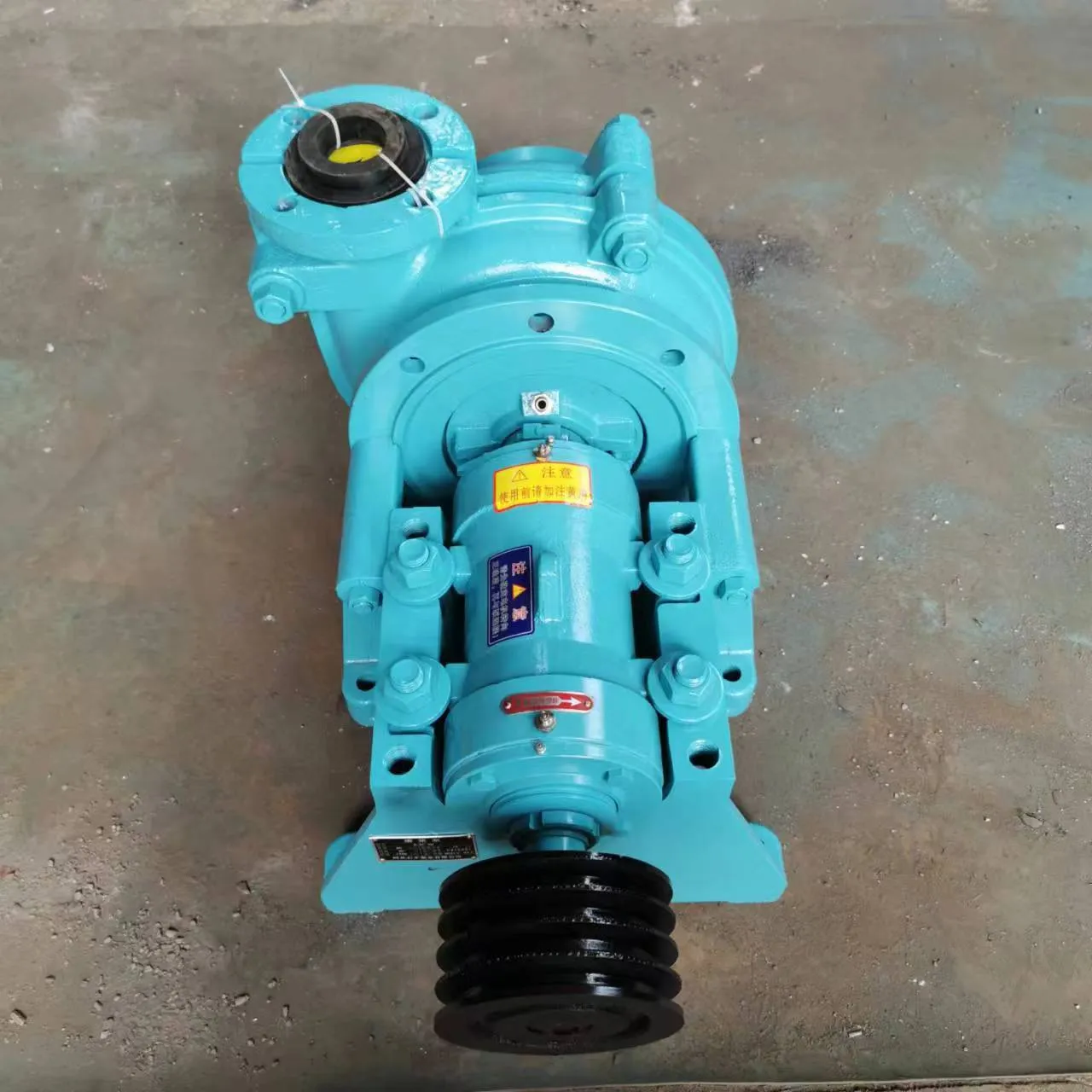Persian
- Afrikaans
- Albanian
- Amharic
- Arabic
- Armenian
- Azerbaijani
- Basque
- Belarusian
- Bengali
- Bosnian
- Bulgarian
- Catalan
- Cebuano
- Corsican
- Croatian
- Czech
- Danish
- Dutch
- English
- Esperanto
- Estonian
- Finnish
- French
- Frisian
- Galician
- Georgian
- German
- Greek
- Gujarati
- Haitian Creole
- hausa
- hawaiian
- Hebrew
- Hindi
- Miao
- Hungarian
- Icelandic
- igbo
- Indonesian
- irish
- Italian
- Japanese
- Javanese
- Kannada
- kazakh
- Khmer
- Rwandese
- Korean
- Kurdish
- Kyrgyz
- Lao
- Latin
- Latvian
- Lithuanian
- Luxembourgish
- Macedonian
- Malgashi
- Malay
- Malayalam
- Maltese
- Maori
- Marathi
- Mongolian
- Myanmar
- Nepali
- Norwegian
- Norwegian
- Occitan
- Pashto
- Persian
- Polish
- Portuguese
- Punjabi
- Romanian
- Russian
- Samoan
- Scottish Gaelic
- Serbian
- Sesotho
- Shona
- Sindhi
- Sinhala
- Slovak
- Slovenian
- Somali
- Spanish
- Sundanese
- Swahili
- Swedish
- Tagalog
- Tajik
- Tamil
- Tatar
- Telugu
- Thai
- Turkish
- Turkmen
- Ukrainian
- Urdu
- Uighur
- Uzbek
- Vietnamese
- Welsh
- Bantu
- Yiddish
- Yoruba
- Zulu
Telephone: +86 13120555503
Email: frank@cypump.com
جولای . 27, 2024 06:16 Back to list
Exploring the Role and Functionality of Chemical Dosing Pumps in Industrial Applications and Processes
Understanding Chemical Dosing Pumps Essential Tools for Precision and Safety
Chemical dosing pumps play a critical role in various industries, including water treatment, agriculture, pharmaceuticals, and food processing. These pumps are designed to accurately dose precise amounts of chemicals into a system, ensuring that the right concentration is maintained for optimal performance and compliance with safety regulations. This article explores the significance of chemical dosing pumps, their applications, and the factors to consider when selecting the right pump for specific tasks.
What Are Chemical Dosing Pumps?
Chemical dosing pumps, often known as metering pumps, are devices that deliver a specific volume of chemical fluids at designated time intervals. Unlike standard pumps that transport fluids continuously, dosing pumps provide a controlled and uniform flow rate, making them essential for processes requiring exact quantities of chemicals to be added. They can handle various fluids, including corrosive, viscous, and abrasive substances, depending on their design and materials.
Applications of Chemical Dosing Pumps
1. Water and Wastewater Treatment In water treatment facilities, chemical dosing pumps are used to introduce disinfectants, pH adjusters, and coagulants into the water supply. For instance, chlorine and chloramines can be dosed to eliminate harmful pathogens and ensure water safety for public consumption.
2. Agriculture Farmers utilize dosing pumps for precise fertilization and pesticide application. By accurately measuring and injecting chemicals, they can enhance crop yield while minimizing environmental impact, thus achieving a balance between productivity and sustainability.
3. Pharmaceuticals In pharmaceutical manufacturing, the integrity of drug formulations is paramount. Dosing pumps ensure consistent and accurate dosing of active ingredients, maintaining quality and efficacy in final products. They are often used in sanitary applications where cleanliness and precision are critical.
4. Food Processing Similar to pharmaceuticals, food industry standards require precision in dosing food additives, flavorings, and preservatives. Dosing pumps help maintain compliance with health regulations while ensuring product quality.
Factors to Consider When Selecting a Chemical Dosing Pump
chemical dosing pumps

Choosing the right chemical dosing pump requires careful consideration of several factors
1. Flow Rate and Pressure Requirements Determine the necessary flow rate (in liters per hour) and the system’s pressure conditions to ensure optimal performance.
2. Chemical Compatibility Assess the chemical composition of the fluids to be dosed. Depending on the chemicals’ corrosiveness and viscosity, different materials (e.g., plastic or stainless steel) may be required for the pump’s construction.
3. Accuracy and Precision Different applications will demand varying degrees of accuracy. Consideration should be given to the required flow accuracy and repeatability of the dosing process.
4. Operational Environment The conditions in which the pump will operate, such as temperature, humidity, and potential exposure to elements or chemicals, will influence the choice of material and design.
5. Control and Monitoring Features Advanced pumps offer digital control options and interfaces that allow for real-time monitoring, automated adjustments, and integration with existing control systems. These features enhance ease of use and operational efficiency.
6. Maintenance and Reliability Select pumps known for their durability and low maintenance requirements. Regular maintenance is vital for ensuring long-term reliability and reducing downtime.
Conclusion
Chemical dosing pumps are indispensable tools across various sectors, enabling precision in handling chemical dosing for diverse applications. By understanding their functions, applications, and selection criteria, industries can optimize their operations, enhance safety, and ensure compliance with regulatory standards. A well-chosen chemical dosing pump contributes not only to efficiency and productivity but also to sustainability in chemical use. Investing in quality dosing equipment will ultimately pay off in reliable performance and peace of mind.
-
Horizontal Split Case Pump with GPT-4 Turbo | High Efficiency
NewsAug.01,2025
-
ISG Series Pipeline Pump - Chi Yuan Pumps | High Efficiency, Durable Design
NewsAug.01,2025
-
Advanced Flue Gas Desulfurization Pump with GPT-4 Turbo | Durable & Efficient
NewsJul.31,2025
-
ISG Series Vertical Pipeline Pump - Chi Yuan Pumps | Advanced Hydraulic Design&Durable Construction
NewsJul.31,2025
-
ISG Series Vertical Pipeline Pump - Chi Yuan Pumps | Energy Efficient & Low Noise
NewsJul.31,2025
-
pipeline pump - Chi Yuan Pumps Co., LTD.|High Efficiency&Low Noise
NewsJul.31,2025










